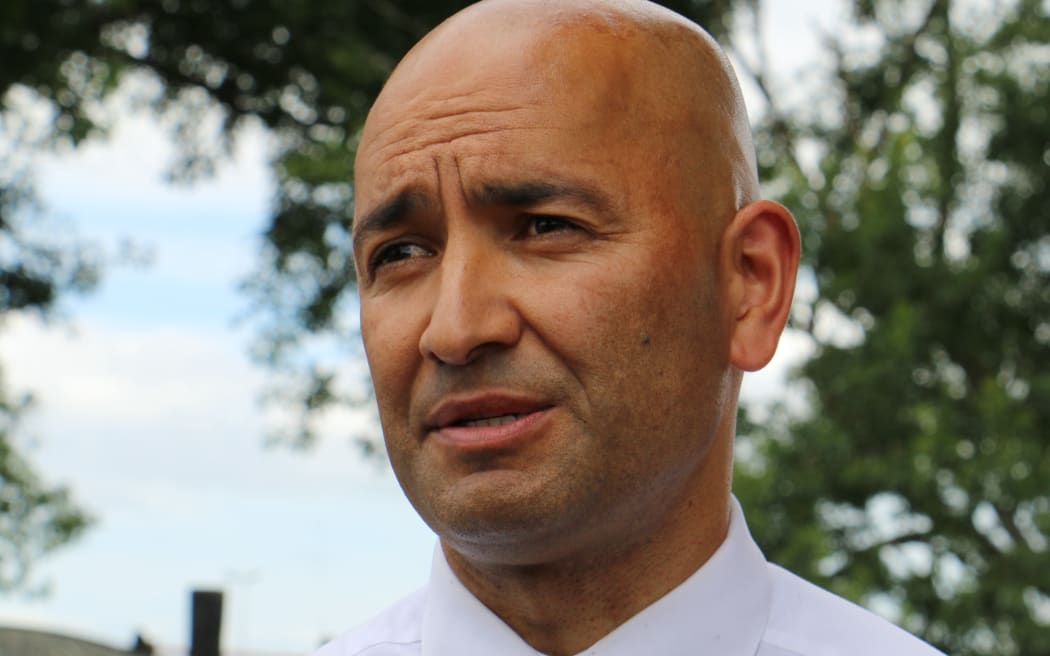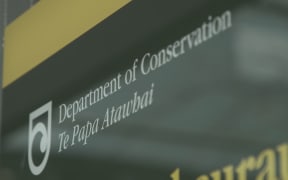
Cape Reinga is one of the historic places which DOC takes care of. Photo: 123RF
The Department of Conservation intends to hire 20 new rangers around the same time it wants to lay off 30 back-office staff.
On Wednesday, the agency announced a proposed restructure to help it meet the government's demand for a 6.5 percent reduction in spending.
The plan would mean the disestablishment 270 positions and creation of 140 new roles. That would result in a net reduction of 130 positions - although 101 of these were currently vacant.
An internal proposal document, seen by RNZ, showed any changes would be in place from July, following consultation with staff over the next month.
The document also revealed DOC intends to establish 20 new frontline ranger roles by July, which are not included in the above numbers. These positions would be funded from Budget 22, meaning the money could not be used to cover current roles.
However, the document noted the new positions could be filled through the redeployment of impacted staff.
"There would be two new roles in each region, which would increase overall frontline capacity and increase our ability to deliver on Budget 22 work in-house, reducing our use of contractors."
The roles would be evenly split between 10 ranger project lead positions, focusing on the visitor network and deferred maintenance, and 10 ranger positions to improve cultural heritage protection at key historic sites.

Cyclists at the Otago Central Rail Trail Tohu Whenua places managed by DOC. Photo: 123RF
The document also indicated a different approach to planning, scheduling and reporting, in the hopes of reducing the amount of paperwork being done.
"Planners and Rangers have told us our existing systems and processes require an unnecessary level of detail and administration. Work scheduling has become ... too low level for our people on the ground to innovate and seek efficiencies.
"We are proposing to pull our planning and scheduling up a level, so we focus on planning at the right level to achieve integrated outcomes at place and to manage risk, rather than planning every task by activity and hour."
Overall, the 130 positions to be disestablished included a range of roles, including science advisors, policy workers and management.
The document said there were several areas in the organisation which were not impacted by the proposal but would still need to be examined over the next six months to two years, "to ensure we are as efficient and effective as possible".
It indicated DOC was already trying to make savings in other areas following various work reform programmes, but was limited in where it could cut costs by statutory, contractual, and health and safety obligations, and government priorities.
'Any cuts will affect what we can deliver' - DOC worker
One DOC employee, who did not want to be named, said staff were disappointed, but unsurprised after a meeting with senior leadership about the proposed cuts on Wednesday.
The biggest business group facing cuts was the Regional Operations Support section, with 54 net roles set to go. The worker said it was an "umbrella unit" working to support the frontline.
"So that includes things like finance and procurement and HR, anything that supports boots on the ground work - very much that back-office stuff, exactly what the government is calling for cuts in. It also includes our tech team, which is probably the biggest number of people."
Despite the back-office nature of the roles, the worker said the cuts would affect frontline workers indirectly.
"I think it has to, in some way. Any cuts will affect what we can deliver, and that's just the reality. DOC has forever been under-funded and under-resourced and this is just a continuation of that."
The worker said the nature of conservation work meant improvements could take decades to see, but the government only seemed interested in "quick-wins".

Conservation Minister Tama Potaka says the government has been clear about preserving the frontline workforce. Photo: RNZ/ Ella Stewart
On Wednesday, Conservation Minister Tama Potaka told reporters the government had been consistent in its messaging about preserving frontline workers for essential services.
"I have worked with the CEO and had discussions about the processes being undertaken but they're following their own internal guidelines, but as I say we're in the proposal stage and all things will be confirmed in due course.
"[I have] had couple of conversations with the director-general to make sure that it's done in a respectful and mana-enhancing and judicious manner and I think she's been very deliberate and the agency has been very focused."
Cuts will affect ability to prepare for climate change impacts - union
Public Service Association assistant secretary Fleur Fitzsimons agreed the job losses would have a long-lasting impact, even though most of the roles to be disestablished were already vacant.
"These cuts are significant. They are significant for the individuals, but they also reduce the capacity of DOC to carry out its important role in looking after conservation in New Zealand and protecting our tourism industry. Make no mistake, these cuts will have an impact.
"DOC is our front door to the world. Tourists don't want to see run-down parks and predators out of control ... the cuts will affect our ability to prepare for the impact of climate change and for adverse events."
Fitzsimons welcomed the 20 additional ranger roles set to be introduced in July, but she said much more investment was needed.







